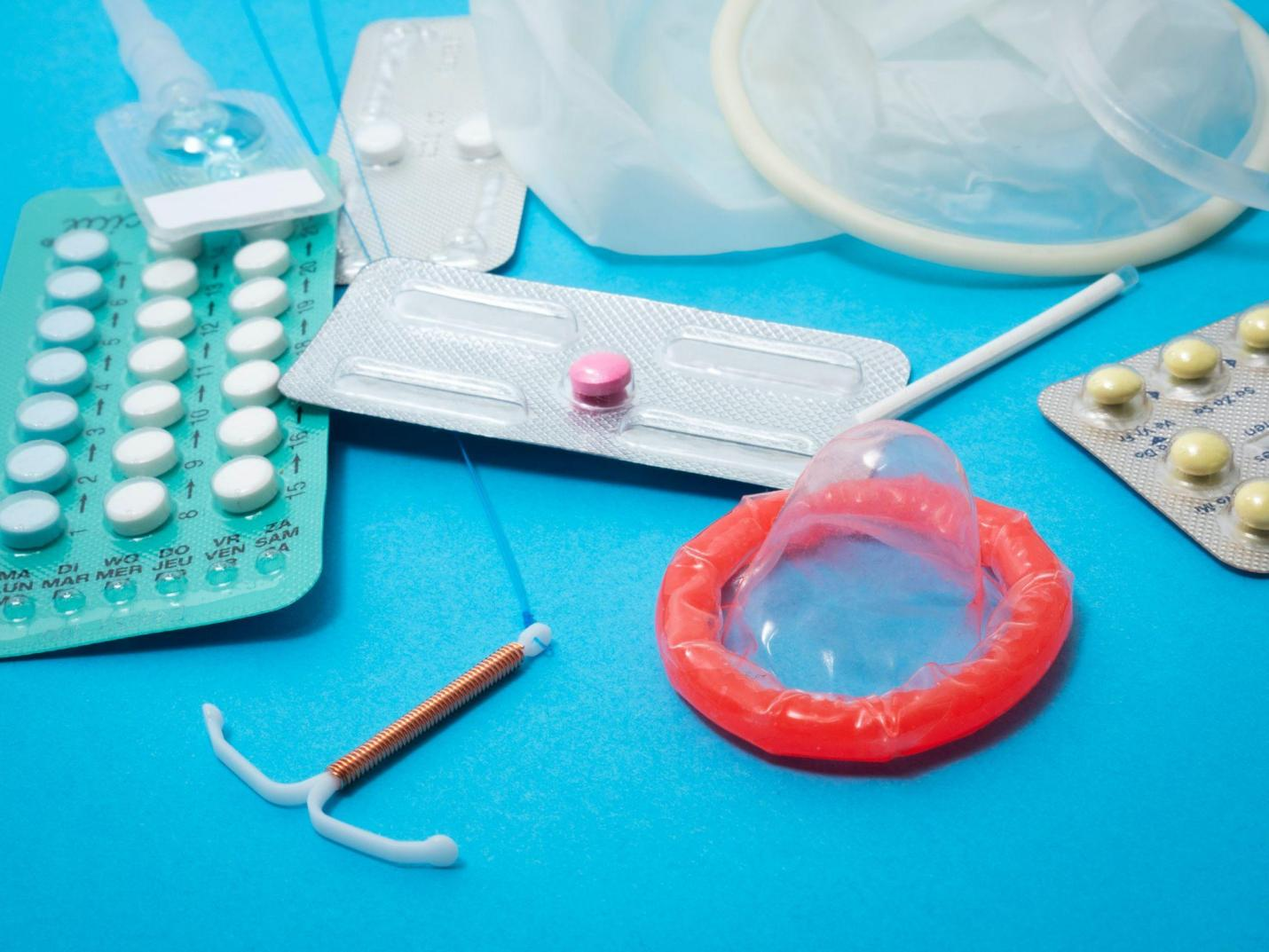The Ultimate Guide to Preventing STDs

Unfortunately, sexually transmitted diseases (STDs) have become more common than ever as millions of people are plagued by them. This is mostly due to the nature of these diseases, making them easily transmittable to others. For this reason, sexually active individuals should learn about preventative measures.
Some STDs are acute and can be treated easily, while others may cause a permanent change in your body. Hence, you should know how to prevent STDs and manage the disease. Keep reading this thorough guide to learning more.
How to Prevent STDs
Surprisingly, STDs can spread instantly in a variety of ways. They can be transmitted via skin-to-skin contact, at birth, or of course, through vaginal, oral, and anal sexual intercourse. Hence, you should be vigilant and follow preventative measures at all times during sexual contact.
You should practice these tips to prevent contracting an STD:
- Regardless of the type of sex you have, always use a latex condom
- Always use a water-based lubricant
- Don't share towels or undergarments with others
- Wash your private parts after sex
- Avoid having sexual intercourse with multiple partners
- Avoid excessive consumption of drugs or alcohol, as that may cloud your judgment
- Be open and communicative with your partner about STDs
- Don't share needles with others
- Get tested for STDs like HIV regularly
- Get vaccinated for hepatitis B ASAP
What to Do If You Have an STD
There are some signs that may tell you that you have an STD if you had unprotected sexual intercourse or had it with multiple partners. For example, if you are experiencing a burning sensation or pain while urinating, it could be due to an STD. Alternatively, if you notice any vaginal or penile discharge, this could indicate an STD.
If you believe you have contracted an STD, you should consult a physician at your earliest. If you cannot visit a doctor nor have one nearby, speak to a doctor online, such as at TelMDCare. You can book an appointment with their physician and discuss your concerns with them, and they will provide you with a treatment plan. This is also a good idea if you want to maintain anonymity and confidentiality.
In most cases of bacterial diseases, such as chlamydia and gonorrhea, the doctor will prescribe you over-the-counter medication that will kill the bacteria. However, there are rare cases when you develop more serious STDs, such as genital herpes, which is incurable.
Other than that, you should avoid the risk of spreading the STD to others. Firstly, avoid sexual intercourse with anyone and only have it when your doctor has given you the green light for it. You should also get yourself rechecked after a while to see if you are free of the disease.
It's crucial for you to get in touch with a virtual doctor at your earliest if you suspect an STD. Virtual doctors are your best bet in such cases since you can maintain anonymity, and getting in touch with them is quick, easy, and convenient.